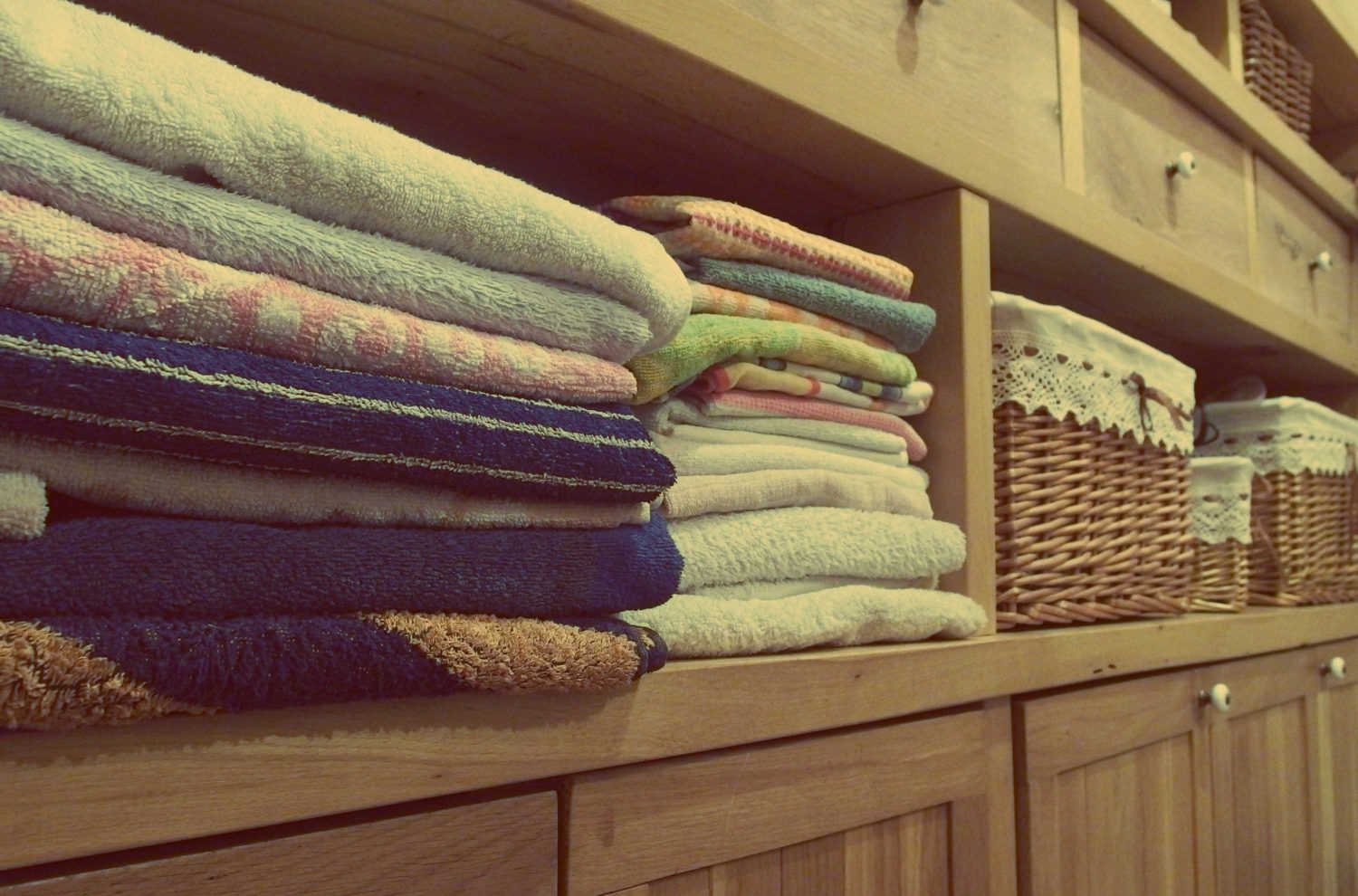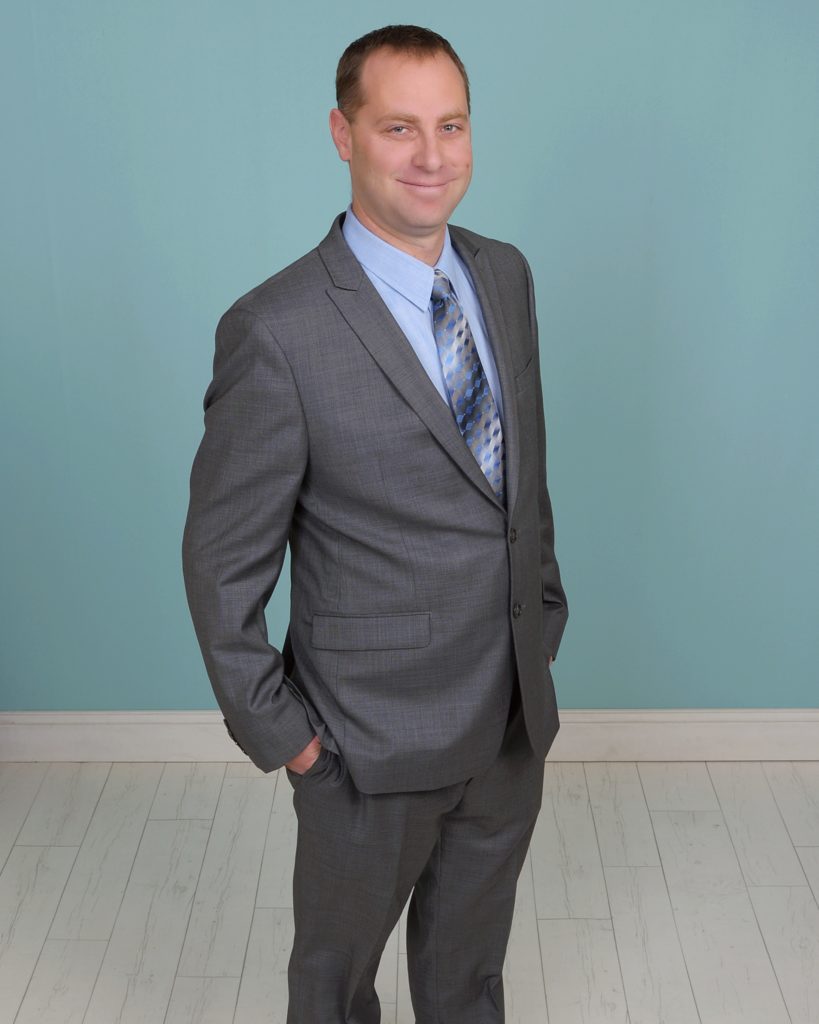
Is Your Donated Bedding Costing More Than You Think?
Admit it—you likely wouldn’t feel comfortable sleeping on donated bedding that runs through your practice’s washing machine. You would want used bedding to have been sterilized to an inch of its fluffy stuffing in the autoclave before lying down for a nap. Why would you make your convalescing patients bed down in a potential hotbed of bacteria? Unfortunately, typical veterinary practice laundry systems remove no more hidden germs than your home washer and dryer. The difference is that at home, the bacteria stay in the family, but in a veterinary practice, a multitude of pathogens lurk in their laundry. Let’s look at why donated bedding may be costing your practice, your patients, and the environment, more than you think.
What are the hidden dangers of donated bedding?
We’ve mentioned that many textiles are notorious for trapping pathogens deep in their fibers, and donated bedding is one of the leading culprits. The more washed and worn the linens, the more they entice bacteria into their folds, which is often the case with over-used and outdated linens donated by kind clients and generous people in your community. Although donated linens may be washed several times before you use them for your patients, they are not sanitized and can contain a plethora of bacteria. Compare free bedding to a free kitten you were given. The kitten has an upper respiratory infection, a roundworm infection, an overwhelming flea infestation, and a nasty case of diarrhea that won’t clear up despite appropriate deworming medication. All of a sudden, your “free” kitten has turned into a several hundred dollar kitten, with no clear end in sight. Similarly, your donated laundry may be free, but require staff time, copious amounts of detergent, and several wash and dry cycles, yet deep down, infection-causing germs remain.
What are microfibers and how do they affect my practice?
In addition to being difficult to clean in traditional washers and dryers, donated bedding is often made from synthetic fibers (e.g., nylon, polyester, and acrylic) derived from petroleum, called microfibers, rather than natural materials such as cotton, wool, and linen. The plastic microfibers are destroying your laundry machines and our environment. Many people believe they are a great way to repurpose trash and used plastics, but they are likely doing more harm than good. One article of clothing—generally much smaller than a donated blanket or towel—can produce more than 1,900 microfibers in one wash cycle. On average, 9 million microfibers are released into wastewater treatment plants with each load of laundry. However, microfibers are too small to be filtered out by the treatment plants, so they end up in our oceans and waterways, polluting the environment and our drinking water. They also travel through water pipes and enter oceans and rivers, where they pollute the water, are often consumed by sea animals, and kill marine life. People drink water polluted with these microfibers, and eat fish and shellfish sold for human consumption that contain plastic fibers. In fact, microfibers are responsible for 85% of shoreline pollution across the globe.
Although synthetic fibers were originally thought to help the environment because the trash and plastic would be recycled, they have been much worse, as they redistribute the plastic waste into the environment on a micro-scale. You can at least pick up and recycle a bottle lying on the ground, but nothing can be done for microfibers. Plus, once microfibers hit the waterways, they act as sponges, soaking up nearby pollutants and becoming toxic bombs full of motor oil, pesticides, and industrial chemicals that end up inside aquatic animals and people. Such deadly consequences show clearly why a professional veterinary laundry service should be used.
Stop wasting money on “free” bedding. Contact Veterinary System Services to schedule a truly free consultation to see how you can save time, money, and the environment, while operating more efficiently and bedding your patients on medical-grade linens.

Brad’s love for animals and exposure to working with them has come in many forms, and spanned decades. From volunteer work, that includes 5 years with the Denver Dumb Friends League, to countless hours being a victim for Search and Rescue dogs, or a chew toy for police dogs, he has a passion for working with animals. In college, Brad worked for a small, three-doctor practice cleaning kennels. Before starting VSS, he spent almost 10 years as an inventory manager for one of the state’s largest animal hospitals. He has seen this industry from many angles.
